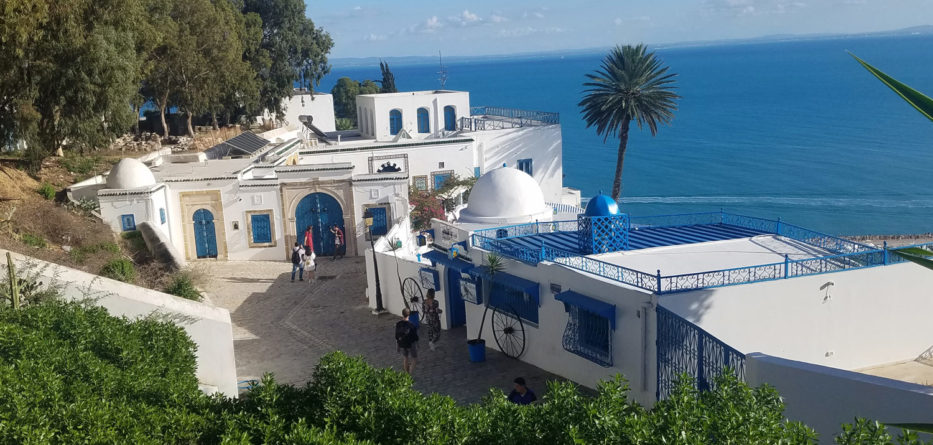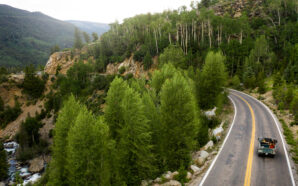Tunisia – Spurred by its inclusion in the top post-Covid-19 era destinations in Forbes magazine, Tunisia has embarked on a plan to transform and promote a sector that is key to its fragile economy which has been mired in a stubborn crisis since 2015.
Bolstered by the fact the coronavirus outbreak is deemed under control – according to official date there have been 49 deaths and 1,087 infections to date – the government has launched the Tunisia Prepared and Safe campaign to attract tourists after many have avoided the country following a chain of terrorist attacks that five years ago killed 72 people, 60 of them foreign tourists.
After a strict three month-lockdown, hotels, restaurants, and museums reopened doors at 50 percent capacity and amid strict hygiene and safety measures, on Thursday.
Borders are expected to open by 27 June, although a lack of information over whether travelers will have to quarantine upon arrival has deterred many companies from setting their hopes too high for the summer season with many convinced this will be a year of national tourism.
Lofti Hamadi, head of the Roof top bar and restaurant at the Hotel Dar El Jeld, in the heart of the Medina, says returning to work will not result in profits but an attempt to cover the losses incurred and guarantee the salary of its nearly 40 employees.
The manager is concerned that the opening of borders is premature: “perhaps we will save the season and return to confinement later.”
“Local tourism has always been a missed opportunity, despite the fact that Tunisians are big consumers and lovers of good food. The strategy needs to be redirected. It is better to have cash registers full of dinars than empty currency safes,” the businessman with more than a decade’s experience in running trendy venues in the capital says.
“Are local tourists going to save the season? No, but they will cushion and reduce expenses and we hope to be able to balance the results by the end of the year,” says Noureddine Beyrakdar, CEO of the Carlton, a hotel founded in 1926 and located on the central avenue of Habib Bourguiba.
The 82-room art deco hotel, which has had only three clients in its first 24 hours, has barely stopped during the lockdown, after becoming home to healthcare workers and then getting everything in place for its reopening.
“Aside from social distance measures and in-depth disinfection of knobs and little else, all other (hygiene requirements) were already followed. The difficult thing is to train staff who are not accustomed to certain reflexes with customers to avoid the contact expected of hospitality, which is a social environment. Now it has become almost cold,” he adds.
Despite the Government’s efforts, Beyrakdar believes that tourism, which represents at least 14 percent of the country’s GDP with some 400,000 direct and indirect jobs, is not valued fairly when compared to the agricultural or industrial sectors.
Hammamet, some 65 kilometers from the capital, is the quintessential destination for foreign visitors. Rental signs cover most windows of apartments near the seafront, and hordes of young people are working to speed up the renovation of beach bars.
“We sell leisure and during this crisis, people hold onto their money because they think it is not the time, they have other priorities,” says Neji Ben Sadok, owner of the Goa Private Beach restaurant and nightclub.
Ben Sadok, like most hoteliers, thinks the time has come to shift from an all-inclusive mass tourism model that has dominated the sector so far.
“We need tourists who do not stay in hotels, where they are offered everything and where they are told that if they leave, they are not safe. Sometimes you ask them what they know about the country and they have only seen the airport, the highway, and the hotel,” the businessman, who is not optimistic, complains.
Last year, the sector managed to stay afloat with nine million visitors and $ 18.6 billion in foreign exchange revenue.
The Tunisian government seems intent on diversifying beyond beach and spa breaks by boosting tourism to alternative destinations such as the southern desert – which straddles 30 percent of Tunisian land- or the 2,000 archaeological sites.
For the moment though, it has proven difficult for these destinations to compete with nearly 1,200 kilometers of coastline.






